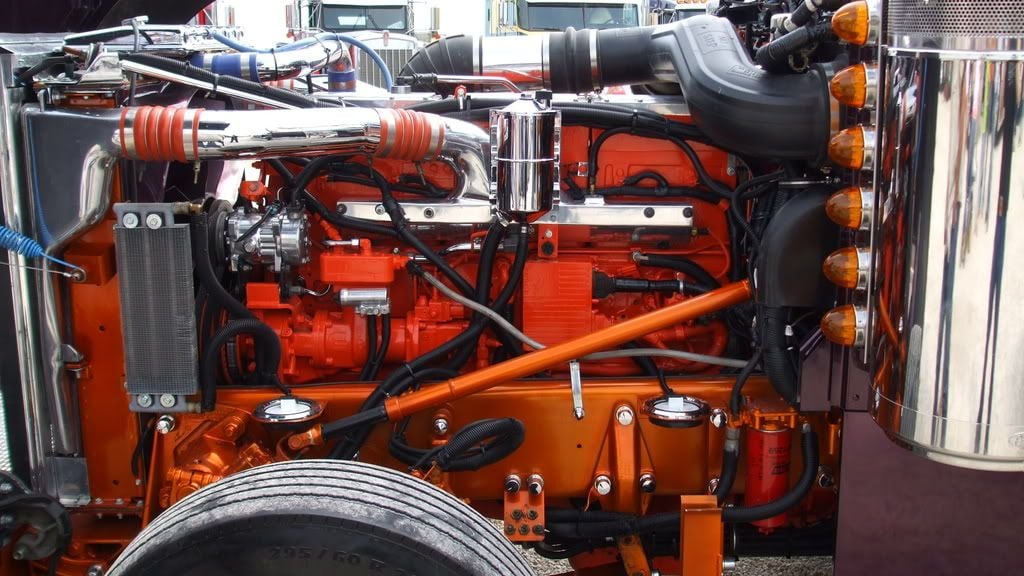Engine Modification


Truck engine modification involves making changes or enhancements to a truck's engine to improve its performance, efficiency, or other specific characteristics. These modifications can vary widely based on the truck's intended use and the goals of the owner or operator. Here are some common types of truck engine modifications:
1. Performance Tuning: This involves adjustments to the engine's control system (ECU or engine control unit) to increase horsepower and torque, improve throttle response, and enhance overall performance. It may include modifications like remapping the ECU, installing performance chips, or using tuners.
2. Exhaust Systems: Upgrading the exhaust system with headers, high-flow catalytic converters, and larger-diameter pipes can enhance engine efficiency and increase power. Performance exhausts can also change the sound of the engine.
3. Air Intake Systems: Replacing the stock air filter and intake system with a high-performance air intake can improve airflow to the engine, resulting in more power and better fuel efficiency.
4. Turbocharging or Supercharging: Adding a turbocharger or supercharger to the engine can significantly boost horsepower and torque. Forced induction systems increase air intake pressure, allowing the engine to generate more power.
5. Nitrous Oxide Injection: Nitrous oxide (N2O) injection systems can provide a significant temporary boost in power when activated. However, they should be used with caution, as misuse can cause engine damage.
6. Camshaft and Valve Train Modifications: Changing the camshaft profile and upgrading other valve train components can enhance engine performance and efficiency.
7. Engine Block and Cylinder Head Modifications: Boring and stroking the engine block or modifying the cylinder heads can increase engine displacement, which often leads to more power.
8. Fuel System Upgrades: Modifying the fuel system, such as installing high-flow injectors or a high-performance fuel pump, can support increased power output.
9. Cooling Systems: Improving the cooling system with a larger radiator, high-flow water pump, or auxiliary coolers can help manage engine temperatures during high-performance driving.
10. Ignition Systems: Upgrading the ignition system with performance spark plugs, coils, and ignition controllers can improve combustion efficiency and power.
It's important to note that engine modifications can affect emissions, fuel economy, and engine longevity. Additionally, some modifications may void warranties and might not be street-legal in all areas. Before making significant engine modifications, it's advisable to consult with a knowledgeable mechanic or tuner who can help you choose the right modifications for your specific goals and ensure they are done safely and legally.
